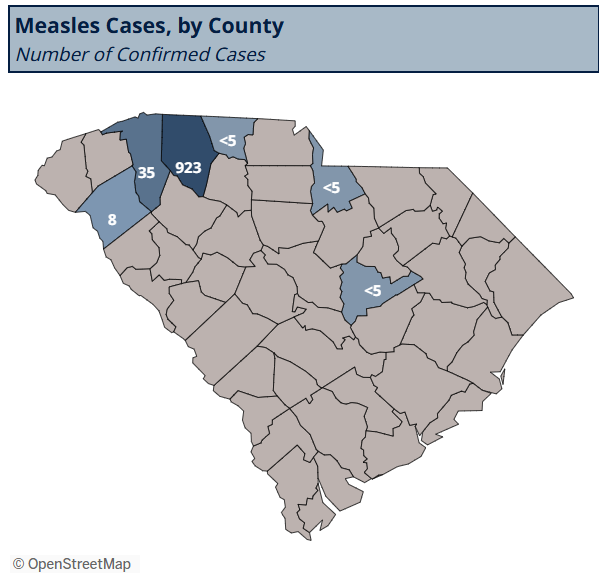The economic turbulence of recent years has taken a toll on Americans, and South Carolina is no exception. Inflation, unemployment shifts, natural disasters, and other challenges have pushed many into financial distress—a term WalletHub defines as having a credit account in forbearance or deferred payments due to financial difficulty.
According to WalletHub’s recent analysis, South Carolina ranks as the 9th most financially distressed state in the nation, based on factors like average credit scores, bankruptcy trends, and search interest in financial help.
Credit Challenges and Financial Struggles
South Carolina’s average credit score in Q3 2024 was the 8th lowest in the country, signaling widespread challenges in maintaining healthy financial habits. While the state ranks 17th for the change in bankruptcy filings from September 2023 to September 2024, its 5th place ranking in Google searches for “loans” highlights the growing financial strain residents are feeling.
“The high search interest in loans shows that many South Carolinians are struggling to make ends meet and are turning to borrowing as a solution,” said WalletHub.
Comparisons with Other States
Although South Carolina faces significant financial distress, states like Texas, Louisiana, and Nevada are experiencing even more severe issues. Texas, for instance, leads the nation in financial distress, with 8.2% of residents having at least one credit account in forbearance or deferred payments. Louisiana ranks 2nd, with the third-lowest average credit score in the U.S. at 624.
However, South Carolina’s challenges remain substantial. WalletHub’s analysis reveals that many residents are facing difficulties balancing their financial obligations, with a notable reliance on credit to cover basic needs.
The Bigger Picture
WalletHub’s report sheds light on the importance of addressing financial education and resources at both the state and national levels. By analyzing key metrics like credit scores and bankruptcy filings, the report offers a snapshot of where financial distress is most pronounced and where intervention may be needed most.
“The financial struggles in states like South Carolina underscore the need for robust community resources, financial literacy programs, and targeted support to help residents regain their footing,” WalletHub noted.
As economic challenges persist, South Carolinians—and others across the country—will need to navigate the delicate balance of managing debt, improving credit health, and seeking support to mitigate financial distress.
Sign up for our Sunday Spectator. Delivered to your inbox every Sunday, with all the news from the week.









